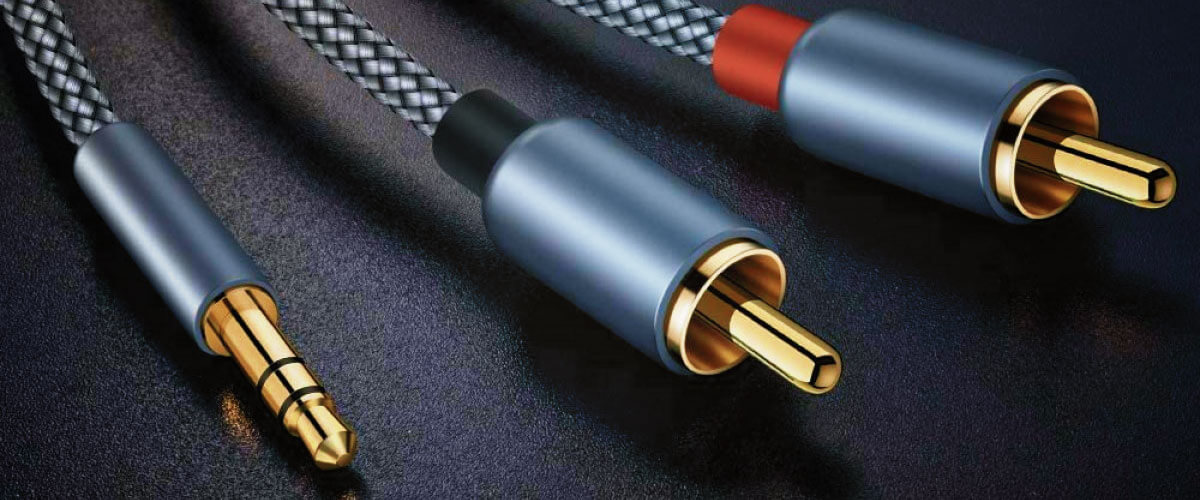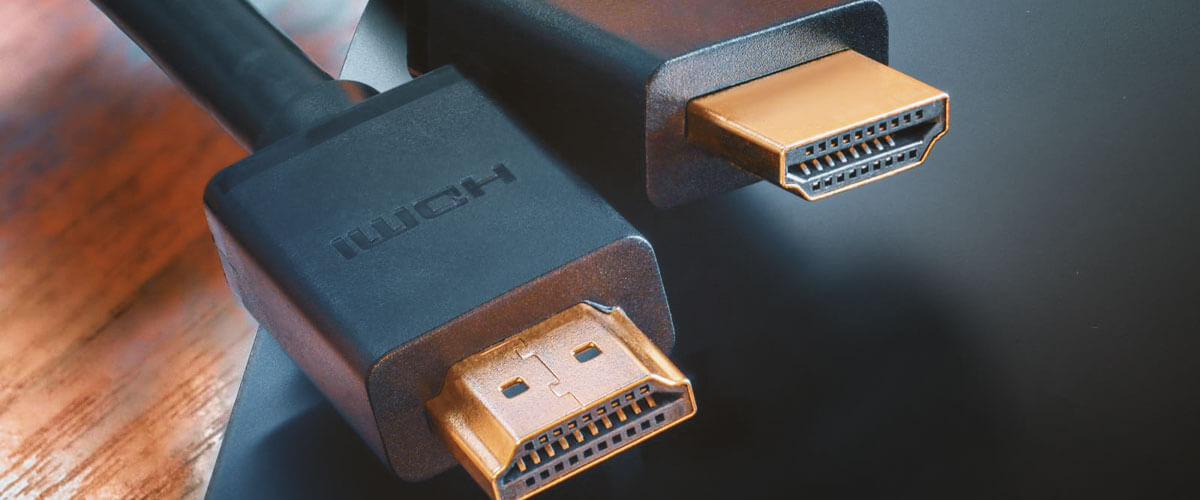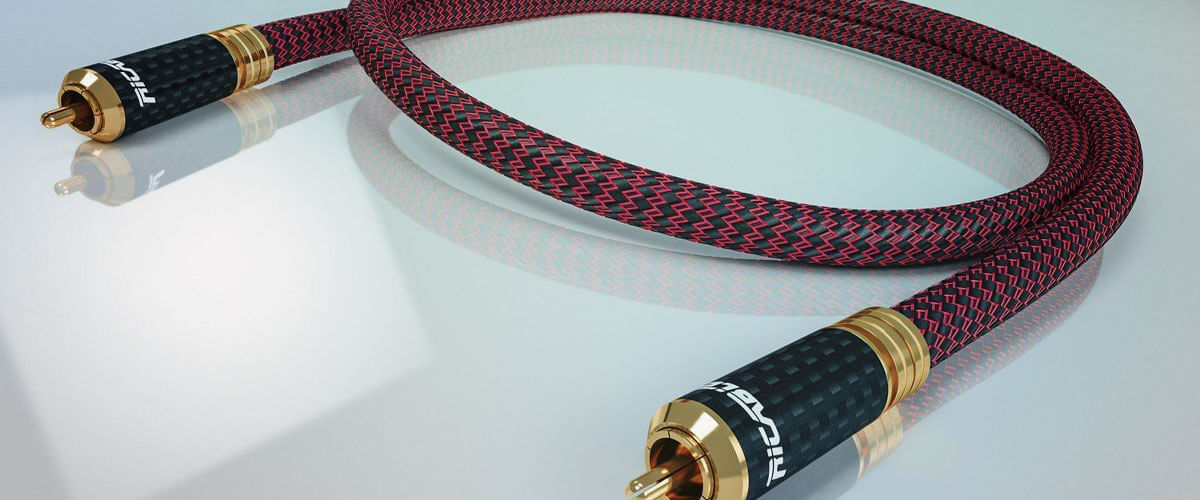Different types of cables can affect the quality of sound that is transmitted. In general, however, higher-quality cables tend to produce better overall sound. It is because they can more accurately carry the signal from one point to another without losing any information.
The cable type that is best for transmitting sound will depend on the type of audio system that you are using. For example, if you use a stereo system, you will want to use RCA cables. On the other hand, if you use a home theater system, you will want to use HDMI cables. Other cables can be used, such as optical or coaxial cables.
What are the sound features of each of these cables?
An RCA cable

RCA cables are typically used for connecting audio components like CD players, amplifiers, and receivers. They can also connect video components such as DVD players and TVs. They typically have three wires: a positive (red), a negative (black), and a ground (green). These cables are often used to connect audio components like amplifiers and receivers.
While RCA cables are suitable for most applications, they are not the best option if you want the highest quality sound possible. One issue is that they can introduce electrical noise into the signal, which can degrade the quality of the sound. Additionally, RCA cables are not always well-shielded, leading to interference and signal degradation.
If you are looking for the best possible sound quality, you may consider using an optical or HDMI cable.
An HDMI cable

An HDMI cable is a high-quality digital audio/video cable that can provide excellent sound and video transmission. These cables are designed for handling high-speed digital data, so they can theoretically support any audio format. Besides, a digital signal means no quality loss when the signal is transmitted. It is in contrast to analog signals, which can degrade in quality over time and distance.
HDMI cables are also less likely to suffer from electromagnetic interference than other types of cable, which can result in better sound quality.
Finally, HDMI cables are much more durable than other audio cables, so you won’t have to worry about replacing them often. In addition, HDMI cables are relatively inexpensive and easy to find.
An optical cable

An optical cable is an excellent option for transmitting sound, as it offers several advantages over other cables. Optical cables are thinner and more flexible, which makes them easier to work with and install. They also have much lower attenuation, meaning they lose less signal over long distances. Optical cables are also immune to electromagnetic interference (EMI), making them ideal for use in environments with electrical noise. However, optical cables are typically more expensive than other cables, so you’ll need to decide if the benefits are worth the cost.
While an optical cable can theoretically be used for any audio signal, its construction is not well suited to analog signals. Therefore, using an optical cable for transmitting analog audio signals is not generally recommended.
Optical cables are often seen as providing better sound quality than HDMI cables. In addition, because they transmit digital signals using light, they are less likely to be affected by interference than electrical signals.
A coaxial cable

A coaxial cable is an electrical cable with an inner conductor surrounded by a dielectric insulator, which an outer conductor covers. The inner and outer conductors are usually made of copper, and the dielectric material is usually a type of plastic.
Coaxial cables are often used for sound transmission because they carry high-frequency signals. They are also relatively immune to interference from other electronic devices, making them ideal for home theater systems.
The main disadvantage of coaxial cables is that they are not as flexible as other cables, such as twisted pairs or optical fiber cables.
What are cables better for sound transmission: thick or thin?
Some might think thicker cables are better for sound transmission because they can carry more signals. However, this is not always the case. In some instances, thinner cables can provide better sound quality than thicker ones.
It all depends on the type of cable and the quality of the materials used. For example, some thick cables are made with poor-quality materials that can degrade the sound quality. On the other hand, some thin cables are made with high-quality materials that can provide excellent sound quality.
So, when it comes to choosing between thick and thin cables, it depends on the specific product and your personal preferences.
We are supported by our audience. When you purchase through links on our site, we may earn an affiliate commission at no extra cost to you.
Our newsletter
* We will never send you spam or share your email with third parties



